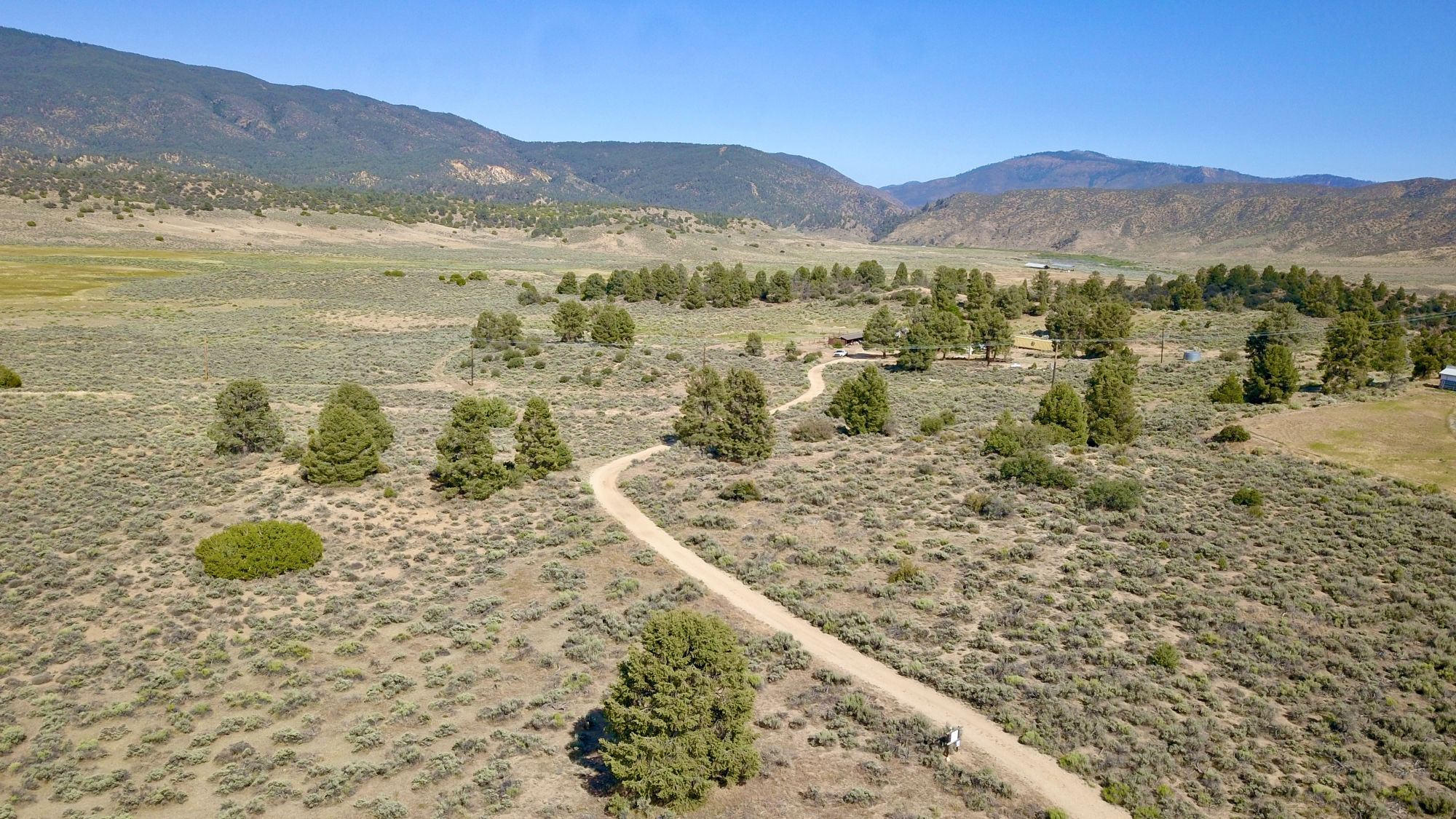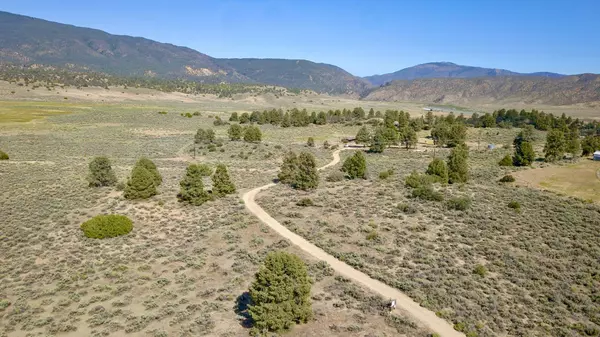Dreaming Big in the Golden State: Why Now Might Be the Time to Buy Land in California
Dreaming Big in the Golden State: Why Now Might Be the Time to Buy Land in California
California, the land of diverse landscapes and endless opportunities, is experiencing a renewed surge in interest for land purchases. From sweeping agricultural expanses to secluded rural plots and developable urban parcels, more and more individuals and investors are looking to stake their claim in the Golden State. But why the sudden upswing, what's the value of land right now, and how can you make your land-owning dreams a reality beyond just a cash purchase? Let's dive in.
The Allure of Land: Why the Uptick in Desire?
Several factors are contributing to the growing appetite for California land:
-
Seeking Space and Solitude: The pandemic undoubtedly accelerated a desire for more elbow room. Many are looking to escape crowded urban centers, seeking a quieter lifestyle, the ability to work remotely from a more natural setting, or simply a private retreat.
-
Long-Term Investment Potential: Land, unlike developed property, is a finite resource. In a state with consistent population growth and strong economic fundamentals, land is seen as a tangible asset that historically appreciates in value. It's often viewed as a hedge against inflation.
-
Agricultural Powerhouse: California remains a leading agricultural state, and savvy investors are recognizing the potential in farmland, vineyards, and ranching properties.
-
Diverse Opportunities: Whether it's building a custom dream home, starting a small farm, developing a commercial venture, or simply holding for future appreciation, the sheer variety of land and its potential uses in California is a major draw.
-
"Legacy" Purchases: For some, buying land is about securing a generational asset, a place for family to gather, or a way to protect ecological wonders.
The Value of Land in California Today
It's no secret that California real estate is among the most expensive in the nation, and vacant land is no exception. However, "value" is a broad term, and it varies significantly depending on several key factors:
-
Location, Location, Location: This is paramount. Rural land in less developed areas can be significantly more affordable (sometimes as low as $1,000 per acre), while parcels near major metropolitan areas, coastlines, or popular amenities can command upwards of $1 million per acre.
-
Zoning and Development Potential: Land zoned for residential or commercial development with clear potential for building will naturally be more valuable than restricted or undevelopable parcels. Understanding local zoning laws is crucial.
-
Size and Features: Larger parcels often have a lower price per acre, but the total cost will be higher. Access to utilities (water, electricity, sewer), natural features (views, water sources), and existing improvements (clearing, roads) all contribute to value.
-
Supply and Demand: California's limited private land supply coupled with high demand continues to drive up prices.
As of recently, the average land listing in California hovers around $2.45 million for an average of 168 acres, with a median price per acre of approximately $16,613. However, these are just averages, and you can find properties ranging from tens of thousands to tens of millions of dollars depending on your specific needs and location.
Beyond Cash: Exploring Buying Options
While cash offers are highly attractive to sellers in California's competitive market, they aren't the only way to purchase land. Here are some alternative financing options to consider:
-
Seller Carry (Seller Financing): This is when the seller acts as the bank, extending credit directly to the buyer. It can be a fantastic option for buyers who may not qualify for traditional loans or prefer more flexible terms.
-
How it works: The buyer makes a down payment to the seller and then makes regular payments (principal and interest) directly to the seller over an agreed-upon period.
-
Benefits: Can offer more flexible terms, lower closing costs, and a quicker closing process. It can also be a good way to secure a property if traditional financing is challenging.
-
Considerations: Buyers and sellers should seek legal counsel to ensure the agreement complies with California real estate laws, addressing disclosures, default procedures, and security instruments (like a deed of trust or land contract).
-
-
Land Loans: These are specialized loans for purchasing raw or undeveloped land. They differ from traditional mortgages for homes.
-
Types: Often offered by local banks, credit unions, and agricultural lenders. Some lenders specialize in rural or agricultural land.
-
Requirements: Typically require a larger down payment (often 25-50% or more) than residential mortgages due to the higher perceived risk. Loan terms may be shorter, and interest rates can be higher.
-
Eligibility: Lenders will assess the land's characteristics (zoning, access, utilities) and the buyer's financial stability.
-
-
Land-to-Construction Loans (One-Time Close Loans): If your goal is to buy land and build on it immediately, a land-to-construction loan can streamline the process.
-
How it works: This single loan finances both the purchase of the land and the construction of your home. During the construction phase, you'll typically make interest-only payments, and once the home is complete, the loan converts into a permanent mortgage.
-
Benefits: Saves on closing costs by avoiding two separate loans. It offers convenience and can lock in your interest rate before construction begins.
-
Considerations: Lenders will require detailed construction plans, a contract with an established builder, and a thorough appraisal of the property's value after construction. You'll also need to meet credit and income requirements.
-
Tips for Buying Land in California Today:
-
Define Your Purpose: What do you want to do with the land? This will dictate your search criteria, including zoning, size, and location.
-
Do Your Due Diligence: This cannot be stressed enough.
-
Zoning: Verify that the land is zoned for your intended use. Contact the local planning and zoning department.
-
Access: Ensure legal access to the property. Landlocked parcels can be a significant headache.
-
Utilities: Investigate the availability and cost of bringing water, electricity, and sewer to the property.
-
Environmental Factors: Research potential hazards like flood zones, wildfire risk, and soil suitability for building.
-
Surveys and Easements: Get a professional land survey to confirm boundaries and identify any existing easements.
-
-
Work with an Experienced Professional: A real estate agent specializing in land sales can be invaluable. They understand the nuances of land transactions, local regulations, and potential challenges.
-
Explore All Financing Options: Don't limit yourself to traditional mortgages. Discuss seller financing, land loans, and construction-to-permanent loans with various lenders and your real estate agent.
-
Be Patient and Persistent: The California land market can be competitive. Be prepared to act quickly when a suitable opportunity arises, but also be patient enough to find the right property that aligns with your vision.
Buying land in California today presents a compelling opportunity for those looking to invest in their future, embrace a different lifestyle, or expand their portfolio. With careful planning, thorough due diligence, and an understanding of the various buying options, your dream of owning a piece of the Golden State can become a reality.
Categories
Recent Posts







Leave a Reply


